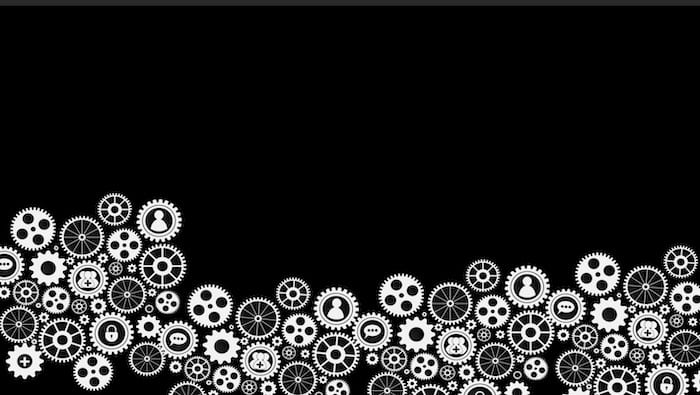The trouble with cognitive biases
Don’t get me wrong, I am a big fan of Pat Croskerry and metacognition but I do wonder whether the rest of the medical profession has become a bit fixated on cognitive biases.
The fact that our errors now have names can lead to recrimination. Ever seen an M&M follow this cycle?
- Name (the cognitive error)
- Blame (usually the person isn’t named, but they feel it)
- Shame (note that cognitive errors have been talked about before)
- Train (having talked about it again, prescribed vigilance is the take-home point).
Even worse is when self-recrimination gets mixed up with self-reflection. Ever seen an M&M given by someone as penance with the take-home point a vow of vigilance, all for an error that if not for the grace of dumb-luck could have been you? They may have second-victim syndrome.
There’s actually two psychological schools of thought when it comes to error:
So…two somewhat opposing theories of error
- Human error is the cause of everything
- Systems faults cause human error
SMILE2Professor of Psychology James Reason postulated that it’s more complicated than that as it’s a complex interplay of both – and he came up with surprisingly effective dairy-based analogy – the Swiss Cheese model of accident causation where each layer of cheese is a layer of defence and it’s only when the latent errors (holes) in multiple layers of defences fail to stop the hazard does an additional active error (not uncommon a cognitive bias error) by the provider result in patient harm. It’s more complex than that but let’s leave it at that for now.
Reason also proposed the concept of a ‘Just Culture’ as a response to what he saw as the ‘Unjust Culture’ of the emotionally satisfying and administratively convenient process of blaming the end provider. In a ‘Just Culture’, blame is appropriately allocated between person and system. If you are just doing your best by the patient, you invariably end up in ‘systems failure’.
Of particular relevance to cognitive bias is the ‘substitution test’. By the very fact that errors due to cognitive biases occur so often and to so many that they have earnt themselves a name- means they pass the substitution test and thus should be treated as a systems failure, not a personal one if your goal is to prevent that error from happening again.
But it’s more than just that.
It’s about knowing when you should and should not berate yourself and to know when and how to defend yourself if you happen to find yourself in a particularly unjust culture.
Further Reading:

SMILE
squared
Emergency physician FACEM, Melbourne Australia



